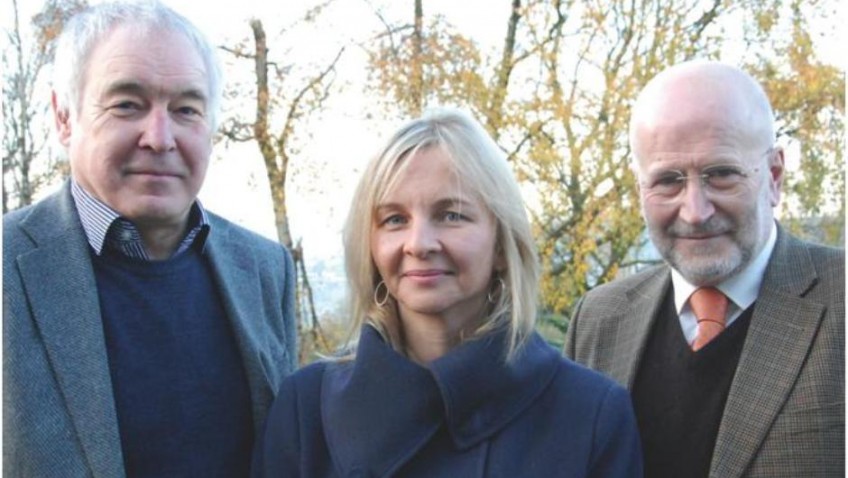A team of researchers from the Centre for the Study of Ageing, Abuse and Neglect, based in the Department of Law and Criminology at Aberystwyth University, have secured Big Lottery funding to support a £1.3m project to explore ways of responding to elder abuse when it takes place in the family home.
Sarah Wydall, Professors Alan Clarke and John Williams will be working with local communities in Carmarthenshire and Cardiff to learn how to address this complex social issue.
The Project, entitled ‘Choice’, will not only raise awareness about the abuse of older people but will also design and test an entirely new approach to justice based on restorative principles. Justice workers will work with older victims to explore the range of options (civil, criminal and restorative), to ensure victims and their families feel fully informed about the range of opportunities available to them.
What is elder abuse?
Any older person can experience elder abuse in the home. Although it is often women who are the most likely victims, men can also be victimised. It is not always an individual who is targeted, sometimes couples may be victims and there can be more than one abuser in any one case.
Elder abuse can take a number of different forms: emotional, physical, financial or sexual. Neglect may also be seen as a form of abuse. This may involve ‘active neglect’, where a family member deliberately withholds care or ‘passive neglect’, where an informal carer does not know how to provide adequate care.
In some cases of elder abuse, the harm caused may be a consequence of an individual reacting to changed circumstances in later life, such as struggling to cope with the daily care of a loved one. However, as in the case of domestic abuse, there are examples of elder abuse where the perpetrator deliberately uses methods to control many aspects of the victim’s life.
Elder abuse can often be hidden from the local community, especially in rural areas, as many people do not wish to report that a family member, possibly a daughter, son or grandchild, is mistreating them. Sometimes such mistreatment may be normalised, or indeed excused by the victim, as they may wrongly see themselves as being in some way responsible for the situation. For example, where a chronic illness occurs, the sufferer may feel they have become a burden on other family members and this may result in a change in the nature and quality of family life.
Research shows that as a result of changing expectations in later life older people may tolerate abusive treatment for longer than they would at other stages in the adult life course. Recognising that there is a problem and then seeking help can be extremely difficult. Any decision a person makes must take place in a safe and confidential environment, where they feel in control.
Why do so few victims of elder abuse seek justice?
Research suggests that complex and time consuming criminal and civil justice processes often act as a barrier to older people seeking justice. Furthermore, in cases of elder abuse, taking criminal action against a family member may lead to further abuse, or have a negative impact on the relationships the victim has with the rest of the family. Many victims often feel isolated and alone and do not know where to go to seek help. Sometimes even if a victim wants to take the alleged perpetrator to court they will be persuaded by others that the process of seeking justice is not worth the outcome.
Recent research conducted by the Aberystwyth team found that in two-thirds of a sample of 133 cases of elder abuse, there was no evidence that justice options had been discussed with victims. As commented by Sarah Wydall, ‘It is a basic human right to be able to pursue justice. Our previous research suggests that people were not even given the opportunity to explore the options available to them. This new project aims to address this gap and provide another choice a restorative option’.
If you are interested in hearing more about the research, or would like to volunteer and get involved in this study please feel free to contact the team at Choice Project ring Jeremy Newman on 01970 622516, or email us at: choice@aber.ac.uk or via twitter on
@choiceolderppl.




